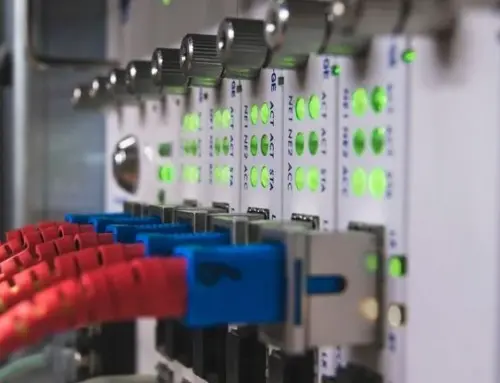What are the DVR / NVR in the installation of CC Tv Cameras and Its features?
What are the DVR / NVR in the installation of a CC Tv Camera?
DVR (Digital Video Recorder) and NVR (Network Video Recorder) are two types of devices used in the installation of CCTV cameras.
Here let us know the features :
DVR (Digital Video Recorder):
- Analog Camera Compatibility: DVRs are designed to work with traditional analog CCTV cameras.
- Video Encoding: They receive analog video signals from the cameras and convert them into a digital format for storage.
- Storage: DVRs typically have built-in hard drives to store recorded video footage.
- Video Compression: They employ various video compression techniques (e.g., H.264) to efficiently store video while maintaining quality.
- Recording Modes: DVRs offer different recording modes, including continuous recording, scheduled recording, and motion-based recording.
- Playback and Review: Recorded footage can be easily accessed and reviewed directly from the DVR or through a connected monitor or computer.
- Remote Viewing: Some DVRs allow remote access to live or recorded video through network connectivity, enabling users to view footage from a different location.
- Motion Detection: DVRs can be configured to detect motion within the camera’s field of view, triggering recording and alert notifications.
- Backup Options: They often provide options to back up video footage to external storage devices like USB drives or network storage devices.
NVR (Network Video Recorder):
- IP Camera Compatibility: NVRs are designed to work with IP cameras that transmit video over a network.
- Network Connectivity: They receive video streams from IP cameras through an Ethernet network connection.
- Video Management Software: NVRs come with dedicated software that manages and records video footage from multiple IP cameras.
- Storage Options: NVRs typically have built-in storage, and they can also be connected to external storage devices or utilize cloud storage for expanded storage capacity.
- High Video Quality: NVRs support high-resolution video streams, including megapixel and 4K resolutions, offering superior image quality.
- Advanced Features: NVRs often provide advanced features such as video analytics (e.g., object detection, facial recognition), PTZ (Pan-Tilt-Zoom) camera control, and integration with access control or alarm systems.
- Remote Access and Mobile Viewing: They enable remote access to live or recorded video footage via network connectivity, allowing users to view video feeds on their computers, smartphones, or tablets.
- Bandwidth Management: NVRs can handle the network traffic from multiple IP cameras and efficiently manage bandwidth usage.
- Scalability: NVR systems can easily accommodate the addition of more IP cameras as the surveillance needs expand.
It’s worth mentioning that modern systems often blur the line between DVRs and NVRs, with some devices supporting both analog and IP cameras, or providing hybrid functionality. Always check the specifications and capabilities of the specific DVR or NVR system you are considering for installation.





